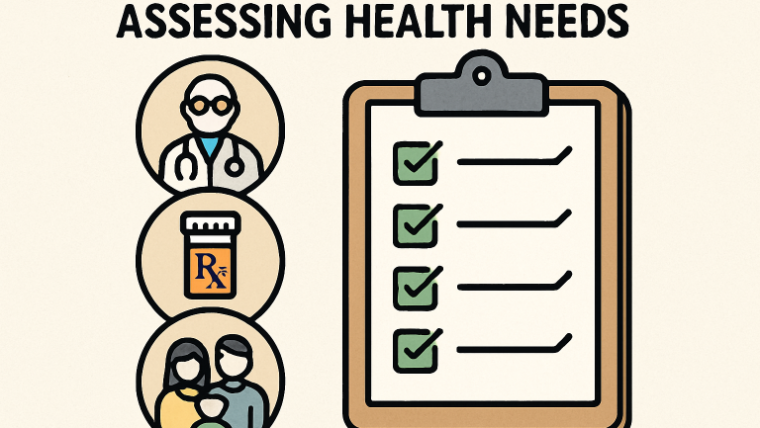Facing an unplanned pregnancy involves understanding your options and making informed decisions for your health and well-being. Today, several medically endorsed methods exist for early pregnancy termination, allowing for confidential and supportive choices. Evaluating medical, legal, emotional, and logistical factors is crucial, whether choosing medication or surgical abortion. Reliable information, medical supervision, and counseling ensure a safe experience, with decisions based on current guidelines and personal needs. Pregnancy termination care has become more accessible via telehealth, enabling advice, prescriptions, and follow-up from home, which improves privacy and reduces barriers. Always consult a qualified healthcare provider and consider your health and local laws when making decisions, as informed choices are safer and supported by research and compassionate care.
Table of Contents
Medication Abortion
Medication abortion, known as the “abortion pill,” is a common, effective way to terminate early pregnancy up to 10 weeks. Individuals seeking care can explore safe and confidential abortion pill options in Michigan through licensed providers who ensure proper guidance and support. It involves the use of mifepristone to block progesterone, followed by misoprostol to induce uterine contractions. If mifepristone isn’t available, misoprostol alone can be used, although with slightly lower success rates. The process begins after a medical assessment to confirm the age of pregnancy. Side effects resemble miscarriage, such as cramping, bleeding, and flu-like symptoms, while rare complications include heavy bleeding or incomplete abortion requiring further care.

Surgical Abortion
Surgical abortion remains a highly effective early pregnancy termination option. The most common form is aspiration abortion, performed up to 16 weeks of gestation. This outpatient procedure uses gentle suction to remove pregnancy tissue from the uterus and is generally completed within minutes by experienced clinicians. Minor side effects can include cramping or spotting, but recovery is usually rapid. Surgical abortion may be recommended for individuals who prefer a single-visit solution or who cannot use medication abortion for medical reasons.
Telehealth Services
Advances in telemedicine have expanded access to safe and private abortion care, especially for medication abortions. Through online consultations, patients can receive medical screening, counseling, and prescriptions, while having abortion pills delivered directly to their homes. Studies, including those by UCSF, confirm that care received via telehealth—without a prior ultrasound—can be equivalent in safety and outcomes to in-clinic protocols.
Telehealth services are especially meaningful in regions where clinic access is limited or legal restrictions make in-person visits difficult. Patients should ensure the telehealth provider is licensed and reputable to receive the highest standard of medical supervision and follow-up care.
Accessibility and Legal Considerations
Laws governing early abortion differ widely across regions and may influence which options are available. In many areas, expanded telehealth has made care more accessible; however, court decisions and changing regulations can impact the availability of medications like mifepristone. Always verify state and local laws or access reliable advocacy organizations before seeking care. Staying informed ensures both your safety and your legal protections.
Support and Counseling
Deciding to end a pregnancy is profoundly personal. Many individuals find counseling, whether in-person or online, invaluable for exploring their feelings, understanding their options, and finding practical or emotional support. Trained counselors and support organizations can help you navigate your decision-making process and offer continued care after the procedure.
Conclusion
Early pregnancy termination options are safe, effective, and increasingly accessible, thanks to advances in medications, telehealth, and supportive care. Regardless of which method you choose, ensure that you use trusted resources and consult with healthcare professionals to make an informed and well-supported decision. Your reproductive health deserves respect, accurate information, and compassionate care every step of the way.


